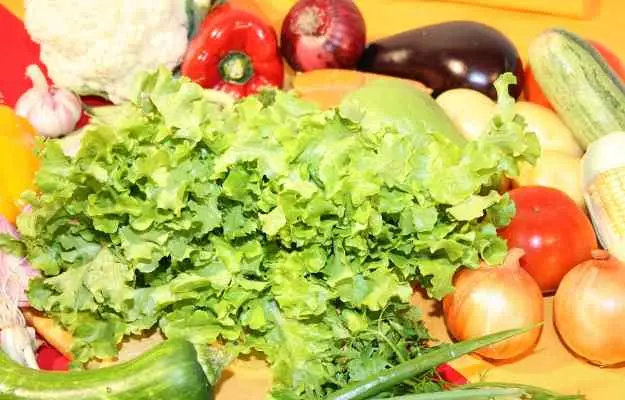Exercise during pregnancy
Light aerobic exercises like walking, jogging, and swimming thrice a week for 30 minutes are safe during pregnancy. Avoid strenuous activities like horse riding, skiing, cycling, and gymnastics as these sports would hurt the baby. Light yoga asanas, Surya namaskars, and pranayamas are very helpful.
Dieting during pregnancy
Many women worry that they may put on extra weight during pregnancy and hence, eat less to avoid that. Crash dieting or cutting down on foods can be harmful and cause a negative impact on the health of both the mother and the baby. So, dieting during pregnancy is not recommended.
Eating during Ramadan
Islamic law exempts pregnant and breastfeeding women to fast during Ramadan. All missed fasting dates can be compensated by giving food to poor people for every missed day. Still, many women choose to fast during the Ramadan month, which is a personal choice and should depend on the stage of the pregnancy. The decision to fast should be first discussed with the doctor to identify any risks and complications to the baby. Ensure that all supplements and medications are regularly taken during the holy month.
Drink plenty of water
Liquid intake depends on every individual, but as a rule, it is essential to stay hydrated. Drinking water regularly works best along with taking juices, milk, smoothies, and milkshakes. Herbal teas, however, should be restricted to not more than 4 cups a day.
(Read more: How much water to drink in a day)

































